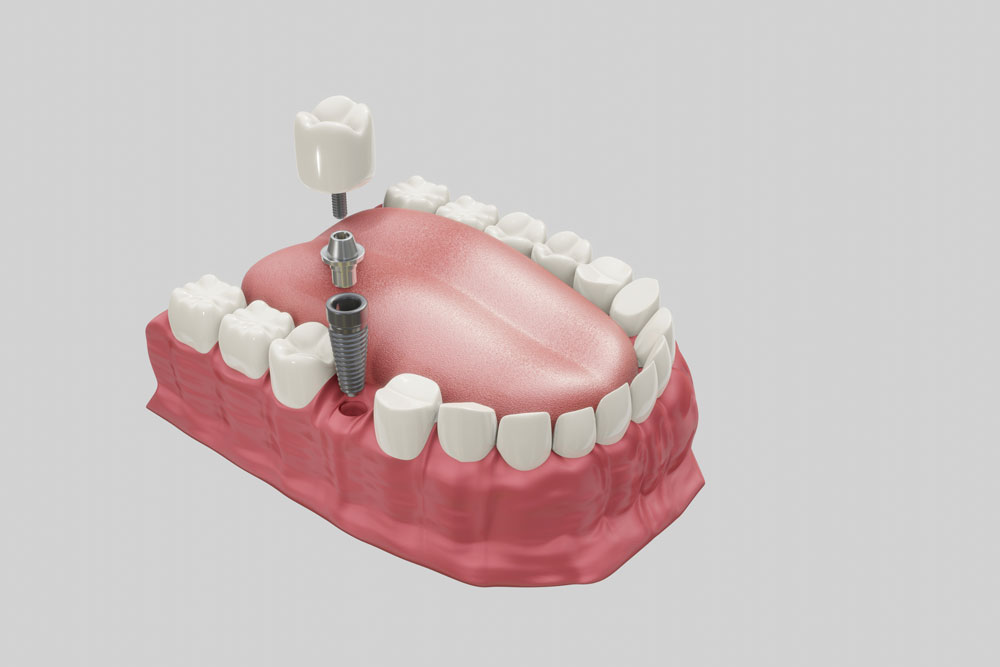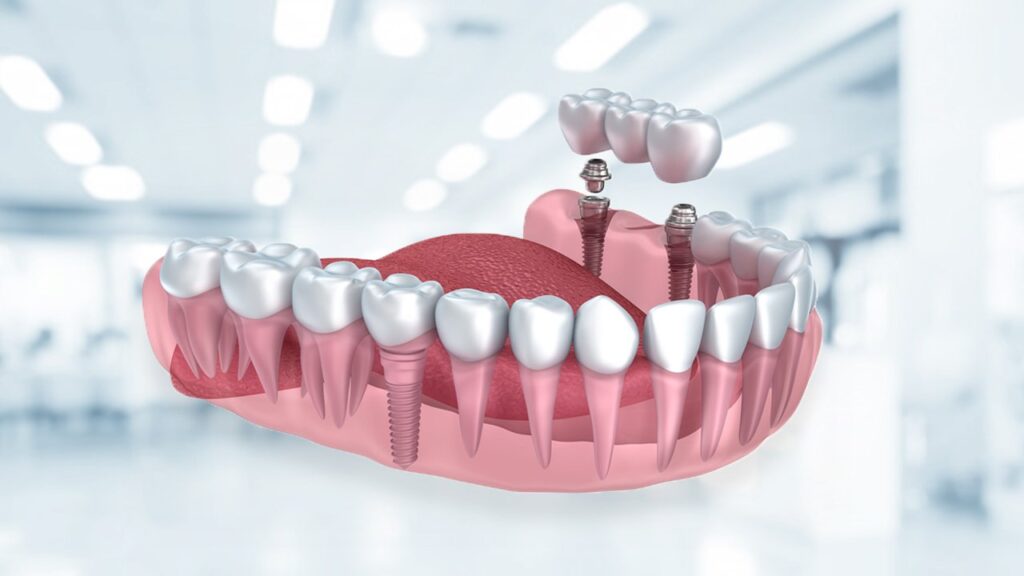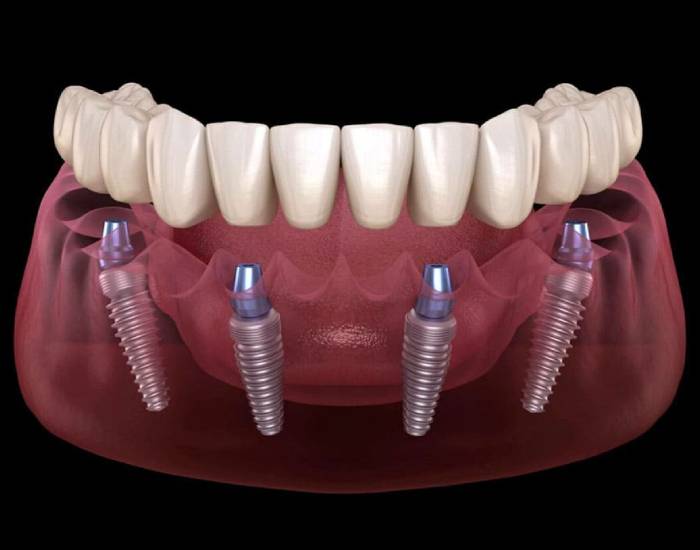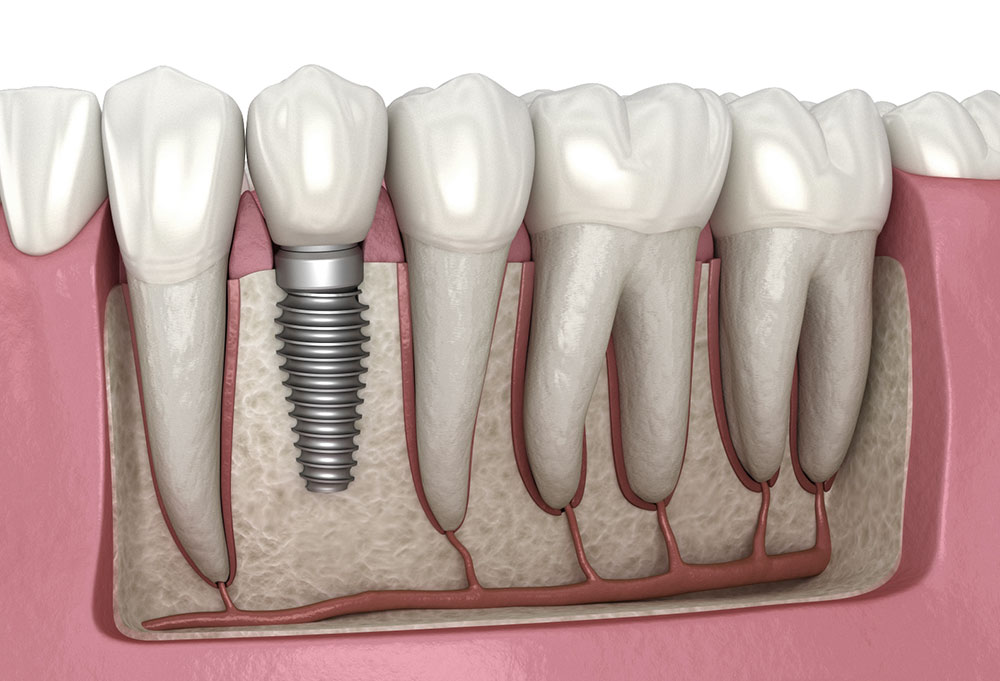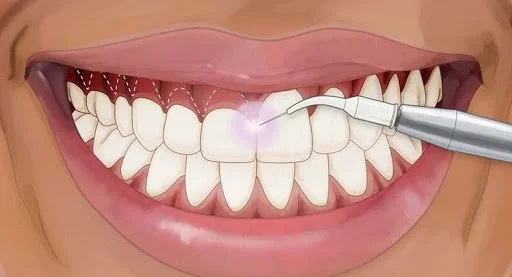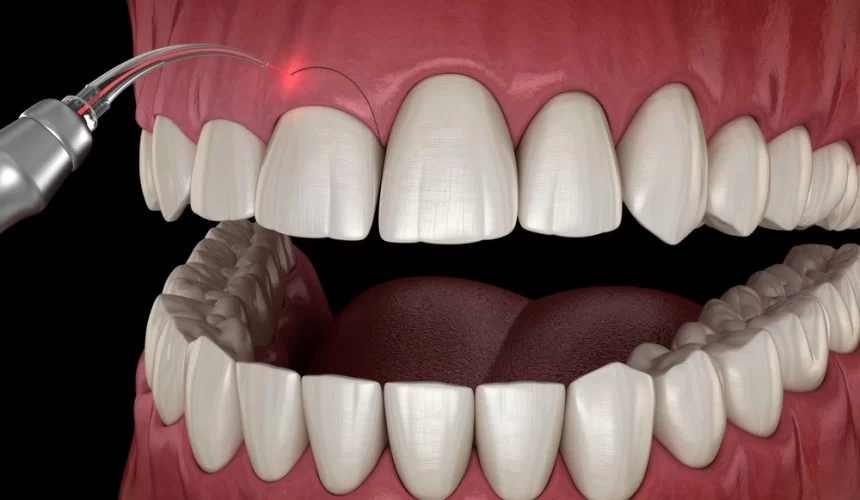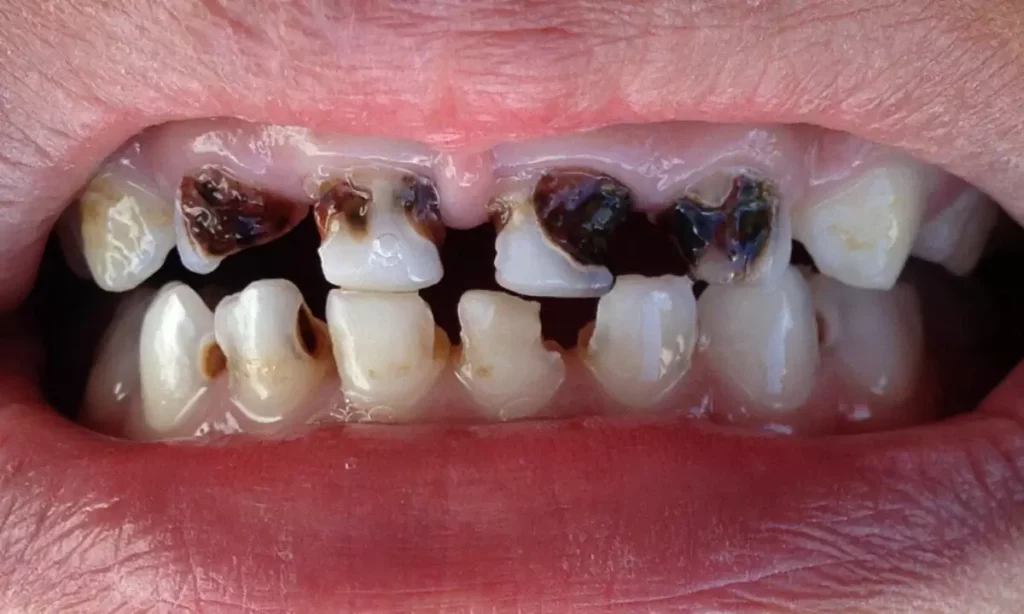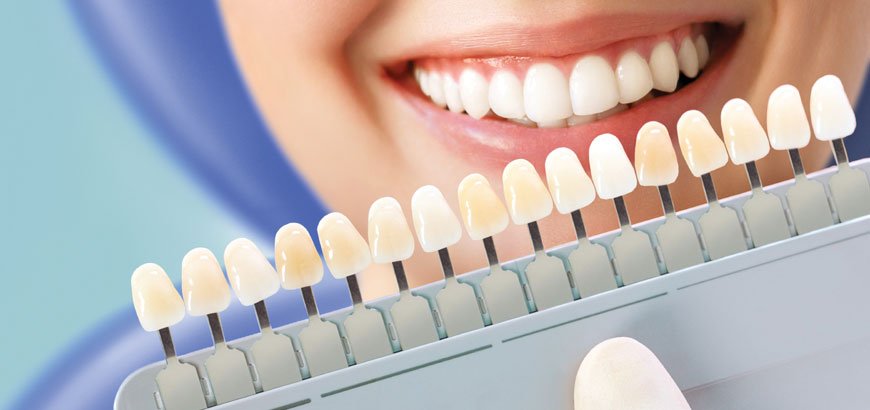Understanding the Connection Between Bone Health and Implant Success
Dental implants provide a permanent, functional, and aesthetic solution for missing teeth. But for individuals with osteoporosis—a condition that affects bone strength and density—there are often concerns about whether implant treatment is safe or successful. So, is dental implant therapy a viable option for people with osteoporosis?
What Is Osteoporosis?
Osteoporosis is a condition marked by low bone density and structural deterioration, leading to fragile bones and a higher risk of fractures—particularly in the hip, spine, and wrists. It can also impact the jawbone, which is essential for the stability of dental implants.
Why Bone Health Matters in Dental Implants
Dental implants work by anchoring titanium posts into the jawbone, where the bone eventually fuses with the implant in a process called osseointegration. For this process to be successful, strong and dense bone is required. In individuals with osteoporosis, the jawbone may be weakened, potentially affecting how well the implant bonds and heals.
Can People With Osteoporosis Receive Dental Implants?
Yes—dental implants are possible for osteoporosis patients, but they require careful planning and individual assessment. The success of treatment depends on several factors, such as:
- The severity of osteoporosis
- Current medications, especially bisphosphonates
- The condition of the jawbone
Important Considerations Before Implant Treatment
✔️ Bone Density Evaluation
A detailed assessment, often using 3D imaging (like CBCT scans), helps determine if the jawbone can support an implant.
✔️ Medication Review
Certain osteoporosis medications, especially bisphosphonates, can affect bone healing after implants. Coordination between your dentist and physician is essential.
✔️ Bone Grafting
If the jawbone is insufficient, bone grafts can be used to build up bone volume and strength, making implant placement possible.
✔️ Close Monitoring
The healing process should be monitored through regular dental checkups, as patients with osteoporosis may need more time to heal.
Success Rates and Outcomes
Research shows that well-managed osteoporosis does not significantly reduce implant success rates. With modern techniques and an experienced dental team, implant treatment can be performed safely and effectively—even in patients with low bone density.
Conclusion: Osteoporosis Is Not a Barrier to a Healthy Smile
Having osteoporosis doesn’t automatically disqualify you from getting dental implants. What matters most is a thorough evaluation, personalized treatment planning, and open communication between your dentist and doctor. With these in place, you can achieve a strong, functional, and beautiful smile—regardless of your bone condition.
Disclaimer:
This article is for informational purposes only and does not replace professional medical advice. Every patient’s condition is unique. Be sure to consult with a qualified dentist and your physician before undergoing any treatment. Only a healthcare professional can determine the most appropriate care based on your specific health situation.
